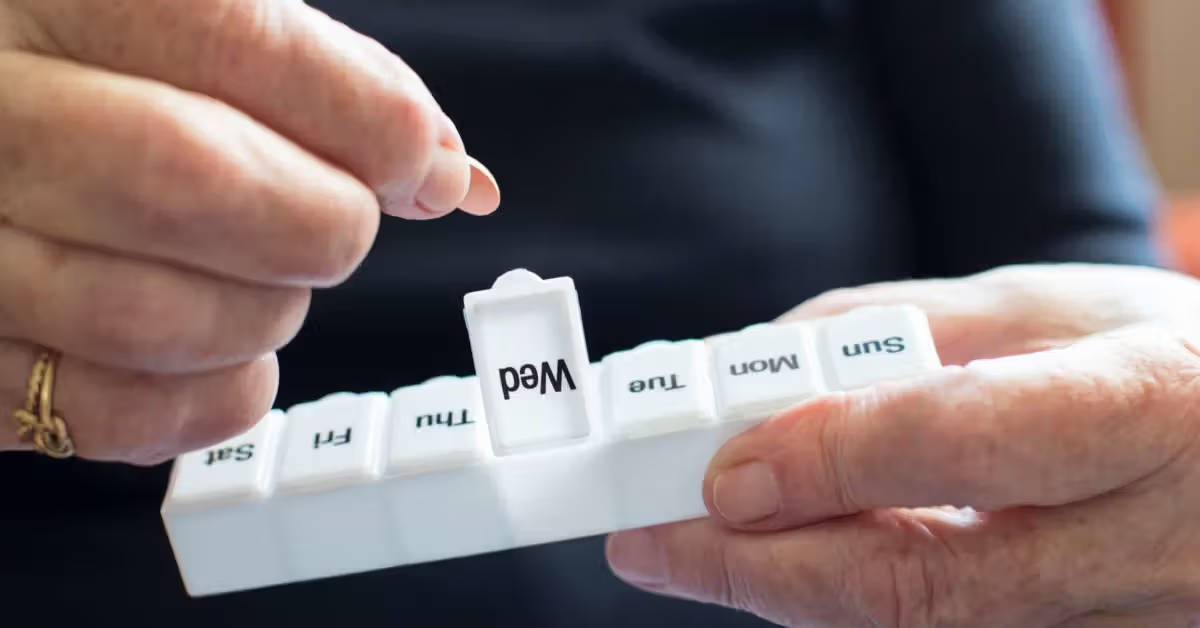Anxiety disorders are one of the most prevalent mental health disorders in the world, with millions of people suffering from these disorders. While existing treatments like therapy and antidepressants can take weeks or months to work, ketamine has been a breakthrough for many patients seeking more immediate relief. But how quickly does ketamine work for anxiety? In this post, we’ll dive into the ketamine timeline, how it works, and what patients can expect.
What Is Ketamine and How Does It Work for Anxiety?
Ketamine is a drug long used as a general anesthetic in medical settings. It has garnered popularity in the last few years as off-label treatment for mental health conditions such as depression, PTSD, and anxiety. Unlike most other antidepressants, which target serotonin or dopamine, ketamine acts on the brain’s glutamate system.
How Ketamine Works
Ketamine works on NMDA (N-methyl-d-aspartate) receptors in the brain, which are a group of receptors in the glutamate system. Ketamine stimulates the production of new synapses by controlling the amount of zest (also known as glutamate). This helps “reset” the brain — it decreases overactivity seen in areas connected to anxiety and increases mood regulation.
How Fast Does Ketamine Work for Anxiety?
One of the most striking features of ketamine therapy is the speed at which it works. And unlike many conventional treatments, which can take weeks to months to take effect, ketamine can start working in hours or days. Here’s a more detailed look at the timeline:
1. Immediate Effects
- Most patients experience a decrease in their anxiety symptoms 1-2 hours after their first ketamine infusion. This rapid effect is the result of ketamine’s fast adjustment of glutamate in the brain.
- While infusing, patients may undergo mild dissociative effects, such as depersonalization or euphoria, which can compound to a transient decrease in anxiety.
2. Short-Term Relief
- The effects of a single session of ketamine typically last for a few days to a week. At the same time, patients generally obtain relief from anxiety to an extent which enables more productive participation in psychotherapy or other forms of treatment.
3. Long-Term Benefits
- Several ketamine treatments are typically advised for long-term relief. A typical treatment is 6-8 infusions within 2-3 weeks. It is a way to harden the new connections in the brain that can lead to symptom relief that lasts more than just a few days.
Why Does Ketamine Work So Quickly for Anxiety?
The reason ketamine has such a fast action is because of its distinctive impact on the brain:
1. Glutamate Modulation
Ketamine augments the release of glutamate, a neurotransmitter that is central to brain plasticity. This aids in “resetting” the brain and limiting overactivity in parts of the brain linked to anxiety.
2. Neurogenesis
Ketamine supports the formation of new neural connections, and over time these can assist improving mood, reducing anxiety.
3. Anti-Inflammatory Effects
One thing that is known is that chronic inflammation in the brain has been associated with anxiety disorders. Ketamine is known to be an anti-inflammatory drug and this might explain why it works.
For more blogs and insights on the digital world, visit Technologiia.com.
Who Can Benefit from Ketamine for Anxiety?
Ketamine treatment is not right for everyone, but it has the potential to be life-altering for:
- We don’t respond to traditional treatments like SSRIs or therapy.
- Suffer from extreme anxiety that hinders the ability to function.
- Are seeking a fast-acting treatment.
It is necessary to seek medical advice from a licensed healthcare professional to determine whether ketamine may be the right fit for you.
What to Expect During Ketamine Therapy
1. The Infusion Process
Ketamine is usually given as an intravenous (IV) infusion in a safe medical environment. Sessions are 40-60 minutes each. Patients may feel dissociated during the infusion (detached or different in some way).
2. Post-Treatment Effects
The patient is observed for a short time after the infusion and then discharged. The majority of individuals can return to normal activities after a few hours, though it’s advised that you go home with someone else.
3. Follow-Up Care
Follow-up care is required in order to get the most out of ketamine therapy. It can take the form of extra infusions of therapy or healthy living to maintain mental well-being.
Potential Side Effects of Ketamine Therapy
While the drug is relatively safe, some people still experience the following side effects:
- Nausea or vomiting
- Dizziness
- Mild dissociation or hallucinations
- Increased blood pressure
- Fatigue or drowsiness
These side effects are usually short-lived and subside shortly after the infusion.
How Does Ketamine Compare to Traditional Anxiety Treatments?
1. Speed of Relief
- Ketamine: Works within hours to days.
- SSRIs/Antidepressants: Typically take 4-6 weeks to show noticeable effects.
2. Mechanism of Action
- Ketamine: Targets the glutamate system, promoting rapid neural changes.
- Traditional Medications: Focus on serotonin or dopamine, which can take longer to impact mood and anxiety.
3. Effectiveness
- Ketamine has also been used successfully to treat hard-to-treat anxiety as it provides hope to those who have never found a solution elsewhere.
Conclusion
Ketamine treatment is a revolutionary means for treating anxiety, providing fast-acting relief for those who have failed traditional interventions. By zeroing in on the brain’s glutamate system, it quickly cuts symptoms, often in a matter of hours, offering a far more rapid lifeline than under any current treatments for depression. If you are looking at ketamine for anxiety, discuss with a clinician to determine if this potentially groundbreaking treatment is an appropriate option.
FAQs About Ketamine for Anxiety
1. How long does ketamine take to work for anxiety?
From the first infusion, ketamine usually takes 1-2 days to start working, and anxiety symptoms may improve first.
2. How long do the effects of ketamine last?
The benefits of one ketamine session may last for days to a week. Repeated treatments may be necessary for lasting relief of symptoms.
3. Is ketamine safe for treating anxiety?
Ketamine is safe to treat anxiety is an appropriate medical facility – And being under medical supervision when taking any drug is a million miles from taking a pill at home alone. But you will want to talk to a credited healthcare provider to find out if it is a good choice for you.
4. Can ketamine cure anxiety?
Ketamine isn’t a long-term treatment for anxiety, but it can offer rapid relief from symptoms. It is typically integrated as part of an overall treatment strategy which includes therapy and lifestyle changes.
5. What are the risks of ketamine therapy?
Though generally safe, ketamine therapy can cause side effects, among them nausea, dizziness and mild dissociation. These effects are typically short-lived and will dissipate shortly after treatment.



